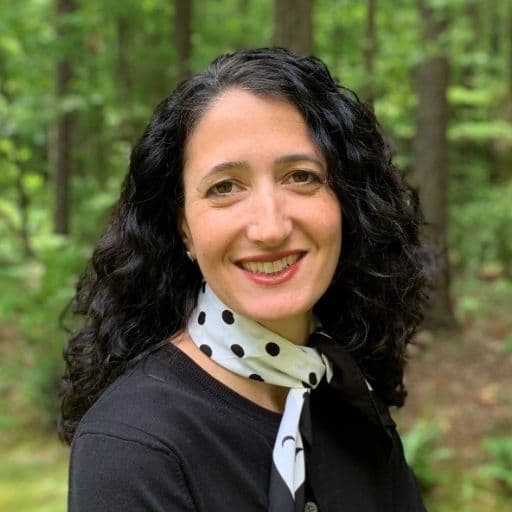Kelly Hogan is a Professor of Practice of Biology at Duke University, USA. Kelly was formerly the Associate Dean of Instructional Innovation for the University of North Carolina at Chapel Hill’s College of Arts and Sciences, USA, the University’s Quality Enhancement Plan Director, and a Professor in the Biology Department. By demonstrating the effectiveness of her methods in large lecture classes to promote equity, her work has received national attention in publications such as The New York Times, The Atlantic and The Chronicle of Higher Education. Her teaching has impacted a wide student audience far beyond her classroom. As the co-author of an introductory biology textbook (Campbell Biology’s Concepts and Connections), Kelly has reached hundreds of thousands of students globally. She has also been recognised through ten different campus, state, and national awards for teaching, mentoring, and advising. Kelly was the commencement speaker for the University of North Carolina at Chapel Hill in 2015. She often teams up with her colleague, Dr Viji Sathy, doing workshops around the country and writing about inclusive pedagogy (www.inclusifiEd.com). She completed her undergraduate degree in biology at The College of New Jersey in Ewing, New Jersey (B.S. 1996) and earned her doctorate from UNC-Chapel Hill (PhD 2001).




